What to Expect
by Kristen Hoggatt-Abader
The only response
to a child’s grave is
to lie down before it and play dead.
—Bill Knott
Black boys getting shot in Harlem—that’s certain,
waiting like a germ between our taste buds for the chance to begin a plague. The news
reports in a six-sentence quip, and all is revealed: street party, crossfire, shot in the head.
Pity, to be 13, black and poor in New York’s only home
that welcomes such folk, its skyline dotted with decrepit roofs and
a quick buck. We keep our mouths closed, though we sigh (“Not
again.” “No, not again!”) when we hear of the boy’s demise. They
won’t report this the next city over—let alone the next state.
How many bullets have reduced a black body to mere flesh&bone?
In an instant, we board the subway, our hands around pocketbooks
with force as we traverse, in and out and underground,
the network of tracks like sutures across our shoulders,
linking the city and our lives: Lord, please, let it not be our child.
What to Expect
Kids getting shot in colonial New England—
Wait. What? The news yanked out our tongues
and wrapped it around spreadsheets and pizza stones,
calling out to our little ones in a hollow timbre,
their fresh bodies close, breathing their bubble gum,
breathing scabbed knees and muddied shoes. If only
the killer had gotten counseling. If only gun laws were
just so. Our minds wrapped around what-ifs
until the worst of us remained convinced it was a hoax.
Surely our precious 6-years-olds are not slaughtered with
automatic weapons—these bodies, this pink flesh.
Something else must explain it: conspiracies, trauma actors,
the media! We always blame them, rolling out blankets
to snuff out what burns us: Lord, please, let it not be our child.
What to Expect
Peshawar, Pakistan
Do children get shot in that corner of the world? In the city of
flowers? It is, by all means, extreme: summers boil, winters
witch-tit cold, dust, hail, and when the gunmen crash through
the doors, it’s another kind of storm brewed in the landlocked valley,
stirred by the impossible wind that descends the peaks.
One hundred plus children, gone. Children—dead and gone. The
smartest ones barricaded the door, a lesson in physics: Angle of
crossbeam? Density of wood? Not enough to stop men from
crashing it down in praise of God. In the city of flowers,
workers load the ambulance with blood stain. In the city of flowers,
mothers unveil themselves to wrap the wounds of little boys in pink, blue,
orange, red. In the city of flowers, the MPs hug their M16s,
skullcapped fathers scream. And the storm rages on, in the city of flowers,
in the cities of our first born: Lord, please, let it not be our child.
BIO
Kristen Hoggatt-Abader is the author of the poetry chapbook Arab Winter and the former Ask a Poet advice columnist for Drexel University’s The Smart Set. She is currently a Senior Lecturer at the University of Arizona in Tucson and a fourth-year Ph.D. candidate in rhetoric and composition. Her work has also appeared in The Ledge Magazine, Nimrod International Journal, and Poetry Porch. More of her work can be found at khoggattabader.com



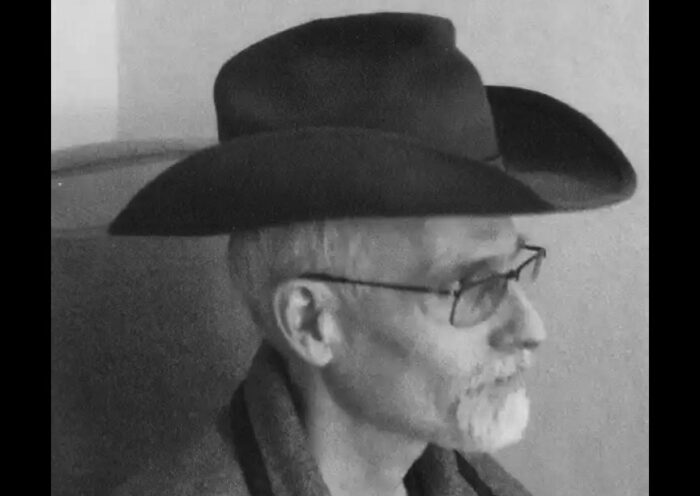
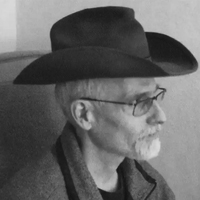






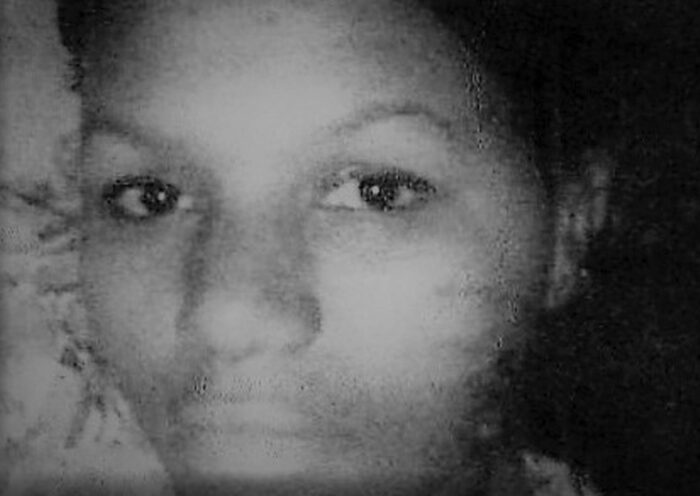
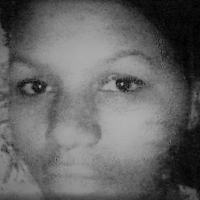
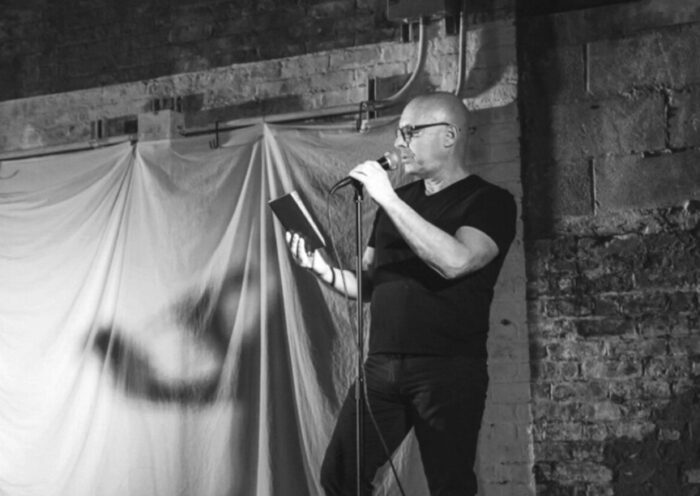

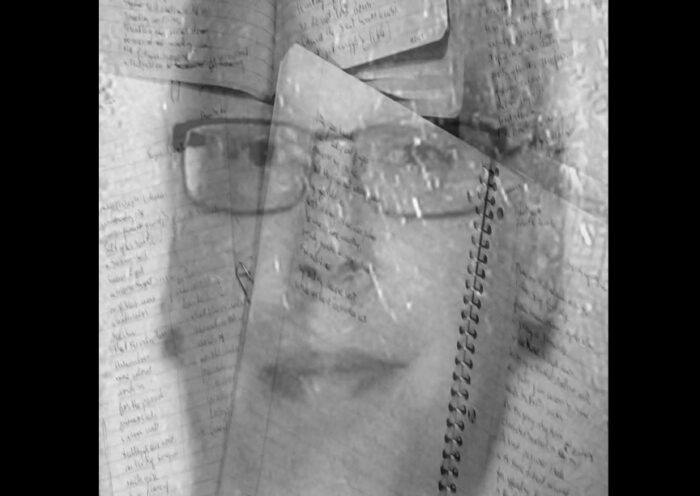
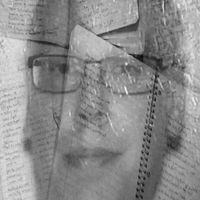
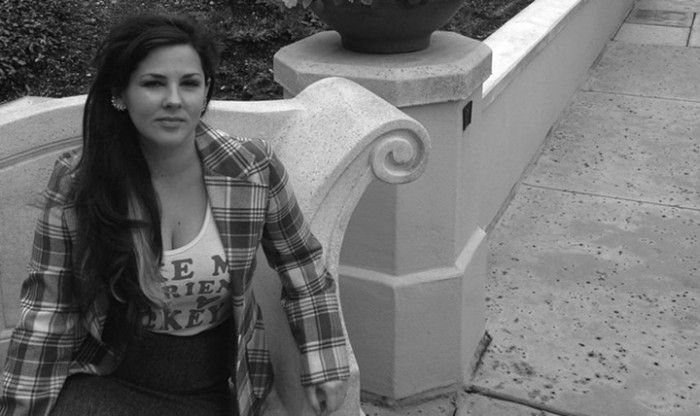
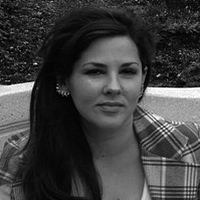 , with her husband and pets. She and her husband own and operate a screen printing and embroidery company, Whatever Tees.
, with her husband and pets. She and her husband own and operate a screen printing and embroidery company, Whatever Tees.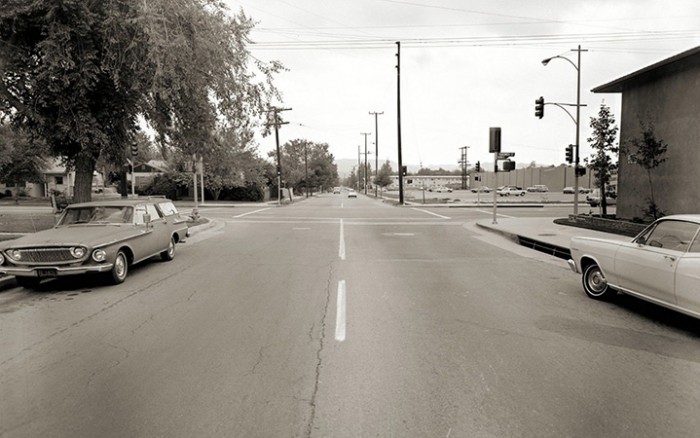

 Kjell Nykvist was born in Kalmar, Småland, Sweden, but grew up in Butte, Montana. He earned undergraduate and graduate degrees in Museum Studies from Baylor University. Kjell is currently a museum curator in Houston, Texas. He recently married his long-time love, Inga Stefánsdóttir, who is a harpsichordist. Kjell’s work has appeared in such publications as Poetry Super Highway, La Noria Literary Journal, The Deronda Review, and Asinine Poetry, as well as in several American and Canadian anthologies. (Kjell Nykvist is a heteronym of Bryan Damien Nichols, who writes his poetry through Kjell, and another heteronym, Alexander Shacklebury. Kjell and Alexander’s debut collection of poems, Whispers From Within, will be published later this year by Sarah Book Publishing, a small, independent Texas press.)
Kjell Nykvist was born in Kalmar, Småland, Sweden, but grew up in Butte, Montana. He earned undergraduate and graduate degrees in Museum Studies from Baylor University. Kjell is currently a museum curator in Houston, Texas. He recently married his long-time love, Inga Stefánsdóttir, who is a harpsichordist. Kjell’s work has appeared in such publications as Poetry Super Highway, La Noria Literary Journal, The Deronda Review, and Asinine Poetry, as well as in several American and Canadian anthologies. (Kjell Nykvist is a heteronym of Bryan Damien Nichols, who writes his poetry through Kjell, and another heteronym, Alexander Shacklebury. Kjell and Alexander’s debut collection of poems, Whispers From Within, will be published later this year by Sarah Book Publishing, a small, independent Texas press.)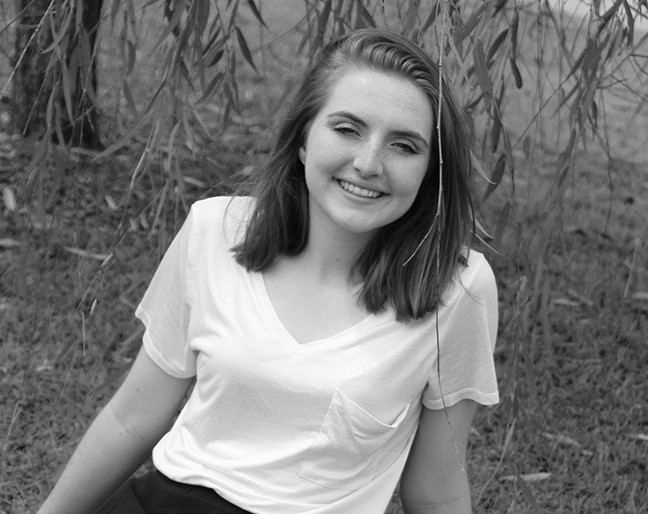
 Josey Parker is a frazzled student and coffee enthusiast who somehow finds time to write copious amounts of poetry and flash fiction. Her work has previously appeared in the Claremont Review. Although she is an author, she is not in fact, dead.
Josey Parker is a frazzled student and coffee enthusiast who somehow finds time to write copious amounts of poetry and flash fiction. Her work has previously appeared in the Claremont Review. Although she is an author, she is not in fact, dead.
 Karen Corinne Herceg graduated magna cum laude from Columbia University with a B.A. in Literature/Writing. In 2011, she received graduate credits in an advanced writing curriculum with emphasis on editing and revision. She has published in independent, small press publications and has published a book of poetry, Inner Sanctions. As a recipient of New York State grants, Karen has read at various venues, universities and libraries on programs featuring such renowned writers as Pulitzer Prize winner John Ashbery and has studied and read with such well-known poets as David Ignatow and Pulitzer Prize winner Philip Schultz. Publications include Literary Mama, The Furious Gazelle, Immortal Verses, From A Window: Harmony and Inkwell. Her short story, “Knitting In Transit”, was published in Chrysalis Magazine, and she has completed her first full-length novel, Diva! Her current writing projects include a new volume of poems and co-authoring a memoir with award winning music producer Glenn Goodwin. Karen is a featured poet on the Hudson Valley poetry scene. She resides in Orange County, New York.
Karen Corinne Herceg graduated magna cum laude from Columbia University with a B.A. in Literature/Writing. In 2011, she received graduate credits in an advanced writing curriculum with emphasis on editing and revision. She has published in independent, small press publications and has published a book of poetry, Inner Sanctions. As a recipient of New York State grants, Karen has read at various venues, universities and libraries on programs featuring such renowned writers as Pulitzer Prize winner John Ashbery and has studied and read with such well-known poets as David Ignatow and Pulitzer Prize winner Philip Schultz. Publications include Literary Mama, The Furious Gazelle, Immortal Verses, From A Window: Harmony and Inkwell. Her short story, “Knitting In Transit”, was published in Chrysalis Magazine, and she has completed her first full-length novel, Diva! Her current writing projects include a new volume of poems and co-authoring a memoir with award winning music producer Glenn Goodwin. Karen is a featured poet on the Hudson Valley poetry scene. She resides in Orange County, New York.
 Alan C. Reese owns and operates an independent subsidy publishing business, Abecedarian Books, Inc. He is the author of the chapbook Reports from Shadowland. His work has appeared or is forthcoming in Smartish Pace, Gargoyle, The Baltimore Sun, Maryland Poetry Review, Potomac Review, Delaware Review, Welter, Grub Street, Attic, Bicycle Review, Danse Macabre, and the Loch Raven Review. He teaches writing at Towson University.
Alan C. Reese owns and operates an independent subsidy publishing business, Abecedarian Books, Inc. He is the author of the chapbook Reports from Shadowland. His work has appeared or is forthcoming in Smartish Pace, Gargoyle, The Baltimore Sun, Maryland Poetry Review, Potomac Review, Delaware Review, Welter, Grub Street, Attic, Bicycle Review, Danse Macabre, and the Loch Raven Review. He teaches writing at Towson University.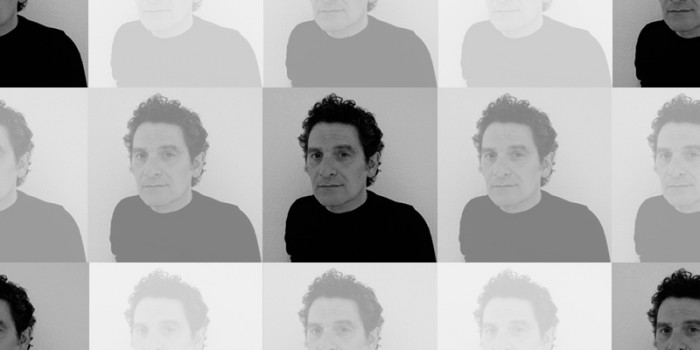
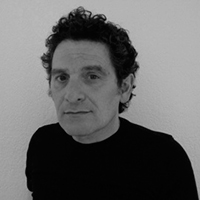 Pushcart nominee Bruce McRae is a Canadian musician with over 900 poems published internationally, including Poetry.com, Rattle and The North American Review. His first book, The So-Called Sonnets is available via Silenced Press and Amazon. To see and hear more poems go to ‘BruceMcRaePoetry’ on YouTube.
Pushcart nominee Bruce McRae is a Canadian musician with over 900 poems published internationally, including Poetry.com, Rattle and The North American Review. His first book, The So-Called Sonnets is available via Silenced Press and Amazon. To see and hear more poems go to ‘BruceMcRaePoetry’ on YouTube.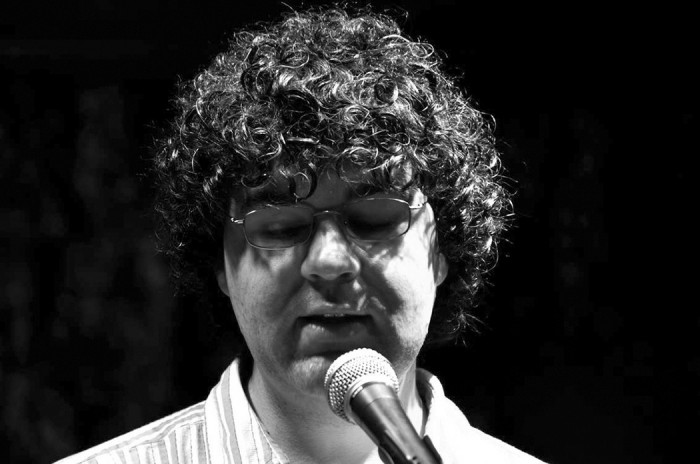
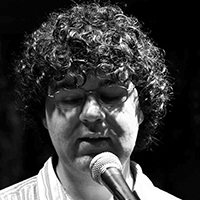 Jon Riccio studied viola performance at Oberlin College and the Cleveland Institute of Music. A recent Pushcart nominee, his work has appeared or is forthcoming in Paper Nautilus, Qwerty,Redivider, CutBank Online, Waxwing and Switchback, among others. An MFA candidate at the University of Arizona, he resides in Tucson.
Jon Riccio studied viola performance at Oberlin College and the Cleveland Institute of Music. A recent Pushcart nominee, his work has appeared or is forthcoming in Paper Nautilus, Qwerty,Redivider, CutBank Online, Waxwing and Switchback, among others. An MFA candidate at the University of Arizona, he resides in Tucson.
 Sandra Rokoff-Lizut, retired educator and children’s book author (published by Macmillan, Holt Reinhart & Winston, and Hallmark Inc.), is currently both a printmaker and poet. She is a member of Oregon Poetry Association and first place award winner in their Spring 2014 contest, Mary’s Peak Poets, Poetic License, Gertrude’s, and a weekly writing salon. Rokoff-Lizut volunteers by teaching poetry to middle-schoolers at the Boys and Girls Club in Corvallis. She also studied poetry through OSU as well as at Sitka and Centrum. Previous publications include Illya’s Honey, The Bicycle Review, Wilderness House Review, The Penwood Review, Wild Goose Poetry Review and Verseweavers.
Sandra Rokoff-Lizut, retired educator and children’s book author (published by Macmillan, Holt Reinhart & Winston, and Hallmark Inc.), is currently both a printmaker and poet. She is a member of Oregon Poetry Association and first place award winner in their Spring 2014 contest, Mary’s Peak Poets, Poetic License, Gertrude’s, and a weekly writing salon. Rokoff-Lizut volunteers by teaching poetry to middle-schoolers at the Boys and Girls Club in Corvallis. She also studied poetry through OSU as well as at Sitka and Centrum. Previous publications include Illya’s Honey, The Bicycle Review, Wilderness House Review, The Penwood Review, Wild Goose Poetry Review and Verseweavers.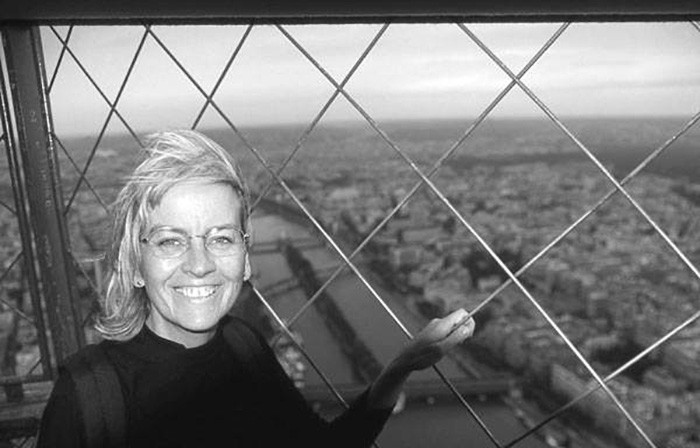
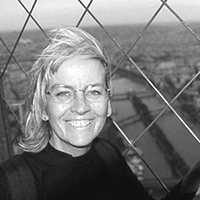 Kelly Thompson’s writing has been published in 49 Writers, Manifest Station, Metrosphere, Limp Wrist, and Reflections: Narratives of Professional Helping. She has won awards for her poetry from Writer’s Digest and was awarded funding to attend Key West Literary Seminar based on her short fiction. She is currently working on a memoir entitled Oh Darling Girl. Just as the narrator gets sober, one of her two barely adolescent daughters descends into addiction and rebels against her mother’s new found lifestyle of recovery. As the narrator struggles to save her daughter and face down a transgenerational legacy of violence, addiction, and shame, the lives of grandchildren hang in the balance and heartbreaking choices must be made. Kelly is also currently working on a chapbook of poetry focused on the themes of ancestry, transgenerational trauma, and legacy. Besides writing, Kelly is a psychotherapist who primarily works with soldiers returning from the wars in Iraq and Afghanistan, and their families. Kelly lives in Denver, Colorado, in the sunshine of the spirit. You can follow her on Twitter @stareenite.
Kelly Thompson’s writing has been published in 49 Writers, Manifest Station, Metrosphere, Limp Wrist, and Reflections: Narratives of Professional Helping. She has won awards for her poetry from Writer’s Digest and was awarded funding to attend Key West Literary Seminar based on her short fiction. She is currently working on a memoir entitled Oh Darling Girl. Just as the narrator gets sober, one of her two barely adolescent daughters descends into addiction and rebels against her mother’s new found lifestyle of recovery. As the narrator struggles to save her daughter and face down a transgenerational legacy of violence, addiction, and shame, the lives of grandchildren hang in the balance and heartbreaking choices must be made. Kelly is also currently working on a chapbook of poetry focused on the themes of ancestry, transgenerational trauma, and legacy. Besides writing, Kelly is a psychotherapist who primarily works with soldiers returning from the wars in Iraq and Afghanistan, and their families. Kelly lives in Denver, Colorado, in the sunshine of the spirit. You can follow her on Twitter @stareenite.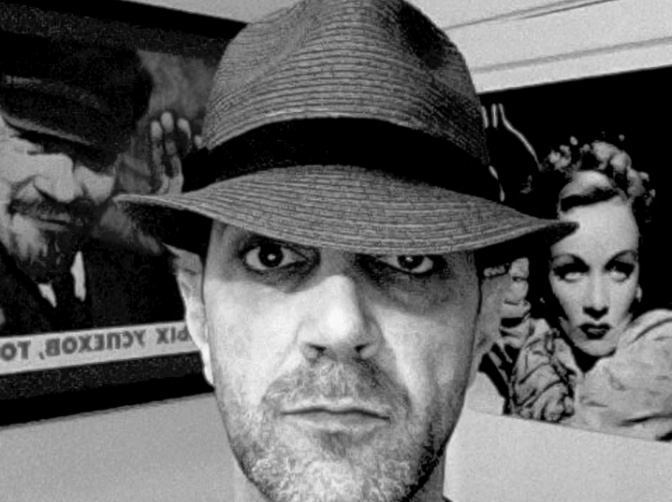
 John Lowther’s work appears in the Atlanta Poets Group’s anthology, The Lattice Inside (UNO Press, 2012) and in Another South: Experimental Writing in the South (U of Alabama, 2003). Held to the Letter, co-authored with Dana Lisa Young is forthcoming from Lavender Ink in 2015. John also works in video, photography, paint, performance and other mediums as the need arises. He’s writing a dissertation to reimagine psychoanalysis had intersex and transgender lives been taken as foundational for understanding subjective possibility. He blogs as Lowtherpoet at WordPress.
John Lowther’s work appears in the Atlanta Poets Group’s anthology, The Lattice Inside (UNO Press, 2012) and in Another South: Experimental Writing in the South (U of Alabama, 2003). Held to the Letter, co-authored with Dana Lisa Young is forthcoming from Lavender Ink in 2015. John also works in video, photography, paint, performance and other mediums as the need arises. He’s writing a dissertation to reimagine psychoanalysis had intersex and transgender lives been taken as foundational for understanding subjective possibility. He blogs as Lowtherpoet at WordPress.











